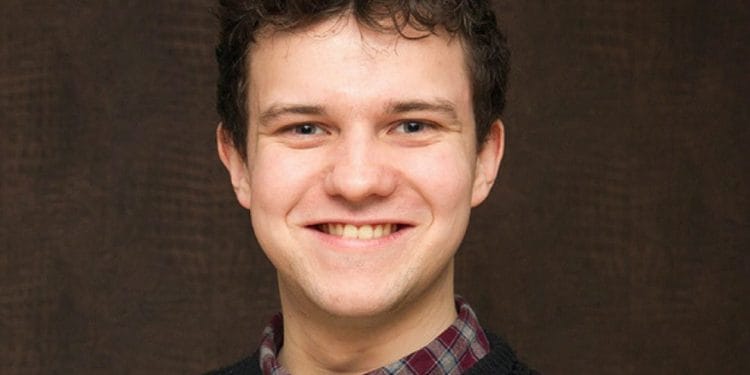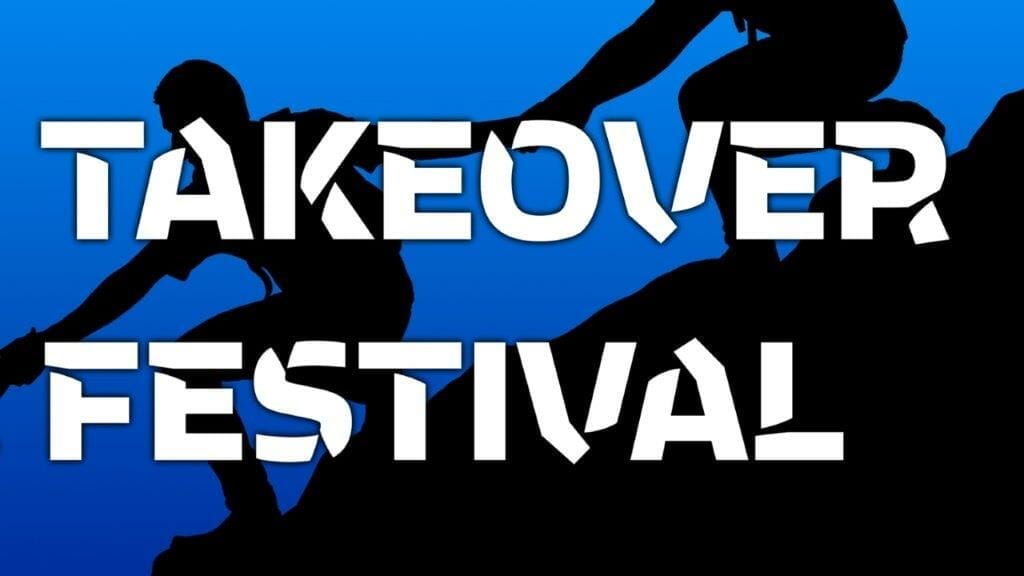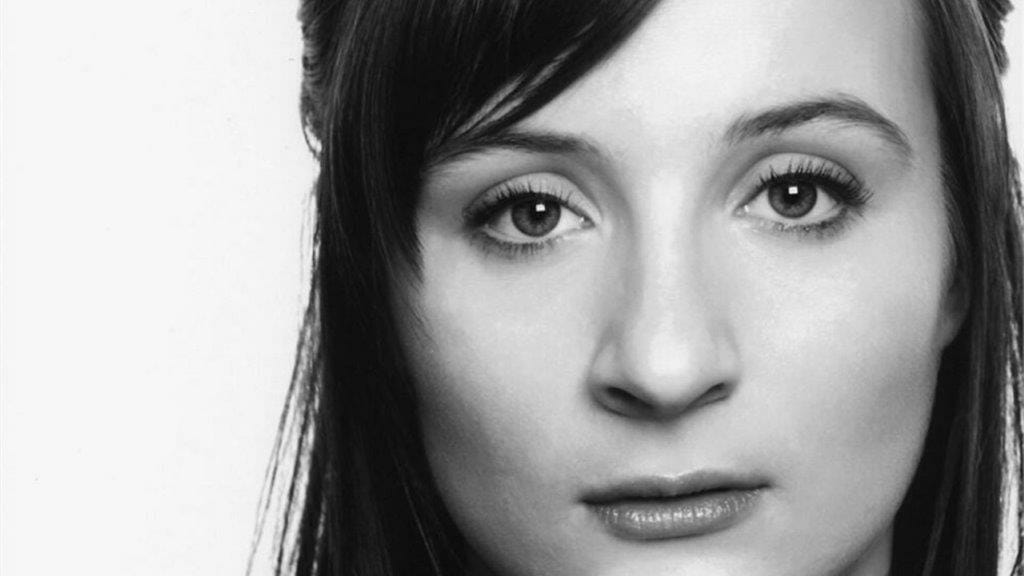Sleepless Theatre Company is an inclusive company that has committed to always having at least 50% of its performers and creatives identify as D/deaf, disabled or neurodiverse and is currently developing its interaction with access technologies for audiences. They are programmed with Alex Wood’s debut play Nine Foot Nine at the Bunker Theatre as part of the Breaking Out season in June before heading up to Assembly for the entirety of the Edinburgh Fringe.
We spoke to Alex Wood to find out more about Nine Foot Nine and making theatre accessible.
Nine Foot Nine is at The Bunker Theatre as part of Breaking Out which runs 11th June – 7th July 2018.
You’re bringing your debut play Nine Foot Nine to the Bunker Theatre as part of their Breaking Out season in June, what can you tell us about it?
Nine Foot Nine is an abstract play with a powerful idea at its centre. We start by asking ourselves an off-the-wall question – what would happen if a big chunk of self-identifying women (we call them sprouters) grew to be nine foot tall? How does it affect families, society, politics, sex? It’s very playful and discursive, but also has vitally important things to say about the idea of gender and bodies in the 21st century.
Tell us about Sleepless Theatre Company and your ethos?
Sleepless has been running for a few years now, we’ve had a show at Zoo Venues in Edinburgh, a run at the King’s Head in London, a showcase at the Royal Court as part of their International Women’s Day celebrations and a presentation at the Pleasance Theatre where we were nominated for the LET Award. We also had the incredible and reassuring opportunity to have ACE funding our workshop of a fully accessible production of children’s show Masha and the Firebird (based on the bestselling novel of the same name) with a cast comprising of 80% D/deaf and disabled actors, which will be premiering next year (watch this space!).
Our ethos is all about accessible, anarchic, and mischievous theatre with a message at its heart. We aren’t afraid to mess up, embarrass ourselves or get things wrong, but we constantly want to keep the theatre conversation going, question existing assumptions and mess around with audience expectations. That’s what Nine Foot Nine really has at its heart.
Why do you think it’s important accessibility comes first?
There’s still a long way to go before access is integrated into a lot of artistic decisions made by both major and fringe theatre makers. It’s important that theatre, at its most fundamental, speaks to everyone – we should also be breaking down the assumptions that there is one group as ‘the norm’ and then forget everyone else functioning outside of that. It’s been great seeing a lot of venues and show integrating accessibility into their artistic policies; Graeae’s production of Mike Bartlett’s Contractions (which won the Offie for Best New production earlier this year) was a key example of this, taking risks and shining new light on existing discussions. But beyond that it’s also important that theatre makers don’t just assume that access has to be something implemented top-down by the companies or venues with the most money – young, emerging creatives can have an important, vital part in that discussion too.
How are you making Nine Foot Nine more accessible?
The fun challenge is creating accessible measures for the show that really add to the narrative and creatively integrate them into the story we’re telling. Even though the piece doesn’t directly discuss topics of disability we’re always looking at how casting a certain character with a Deaf actor, for example, might highlight aspects of the story – we’re integrating captioning into the piece and it’s a major part of showing how these women grow, how technologies and science reacts, how media plays a role etc.
We’re also creating accessibility packs for the Bunker (which will in turn be used for the other shows in the season), helping create resources that will be a part of the Bunker’s future access measures and making sure that everone feels as welcome as possible in the space. Accessibility is sometimes as simple and creating clear signs and easy-read programmes with some extra ushers, measures loads of companies could use to make their shows more accessible that don’t break the bank. But it’s all part of a wider conversation – Nine Foot Nine isn’t the final goal, but part of a wider process and we’re keen to talk to people throughout the run and improve as a company.
You’re taking the show to Edinburgh, what will the challenges around accessibility be there?
Back in 2017 it was reported that only 56% of the 300 venues offer wheelchair access and only 40% of their spaces are actually wheelchair accessible. While there are definitely scope for improvements, that was a startling statistic – it basically means that almost half of the festival isn’t available for all audiences. The Edinburgh Festivals are the largest arts festivals in the world, so we think that starting a conversation there is vital. But audiences are only part of the discussion, there’s also the case to be made for making venues accessible to all performers – with quick turnaround times, unsuitable accommodation, provisions and ad hoc backstage situations it’s a rather tricky environment to function in if you have access requirements. We’re conscious that we’re only making a tiny dent in the problem but it’s the main part of our ethos and something we want to improve year on year.
How else are you promoting accessibility at the theatre beyond this production?
We’ve been putting a number of great ideas into practice, and the Bunker have been brilliantly responsive and keen to put new ideas into action. We’re creating accessibility packs alongside the Bunker for all the shows at the Breaking Out festival, while also opening up talks with venues including Assembly and Bedlam about how to improve access. Using knowledge from Masha and Nine Foot Nine, we’re working to create a workshop series led by artists that identify as D/deaf or disabled aimed at young companies and related to basic access provisions, as conversation and communication (especially with emerging companies and at the biggest arts festival in the world in Edinburgh!) is going to be pivotal. We’re already leaping at opportunities to get this started, and are hugely interested to hear from anyone identifying as D/deaf, disabled or neurodiverse that has ideas and opinions about going forward.

















